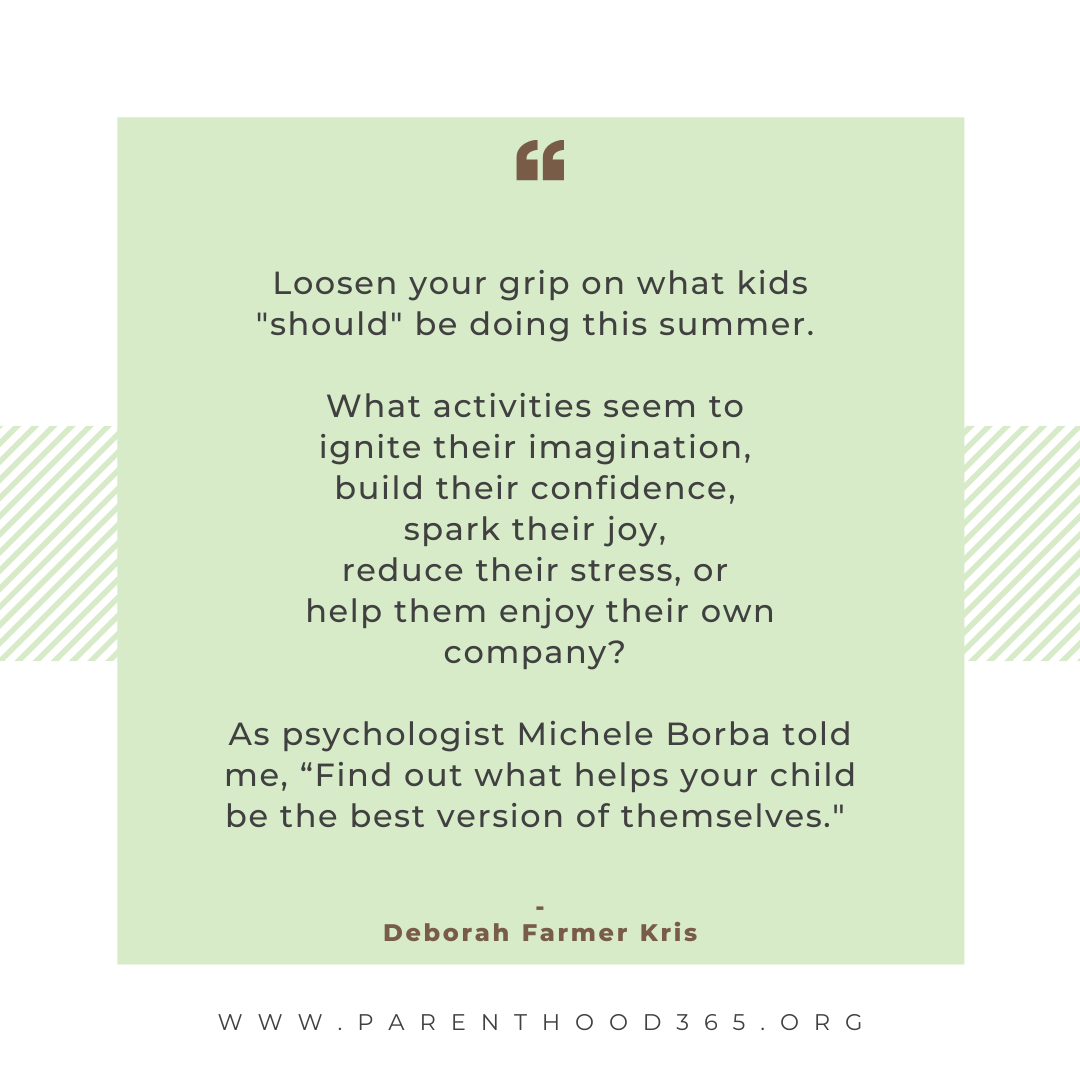Kids Need Hobbies (That They Choose)
Kids thrive on purpose, says Michele Borba, author of the new book “Thrivers: The Surprising Reasons Why Some Kids Struggle and Others Shine.”
In a recent interview for MindShift, she told me that it’s easier for kids to persevere, feel optimistic about their future and develop self-confidence when they are engaged in meaningful activities – work that sparks their interest.
“Thrivers have hobbies,” she says, “They have something they can decompress to.” But when she asks teens, “What are your hobbies?” they often reply, “What’s a hobby? We don’t have enough time for hobbies.” A sense of purpose has been replaced by overwhelming to-do lists.
Rather than filling up children’s time with activities we believe they should do, she suggests parents become observers. What activities seem to ignite their child's imagination or give them an extra spark of joy? What seems to increase their confidence, reduce their stress, or help them enjoy their own company? “Find out what helps your child be the best version of themselves,” said Borba, and then give them the freedom to pursue those activities. This often requires shelving our own expectations about what they “should” be doing.
One way to help children find their spark is to introduce a variety of new activities, for example: a morning of birdwatching, a knitting class with grandma over Zoom, a martial arts trial class as a family, an origami YouTube tutorial. “When you find something beyond your scope, find them a mentor. It doesn’t have to be pricey – it might be the neighbor next door. We are not partnering with other parents nearly enough.”
In a study of highly skilled mathematicians, athletes, and musicians, psychologist Benjamin Bloom found that adults would initially introduce the activities, “but before long, the child was pulling the parent,” said Borba, with parents offering continued support. The lesson for today’s parents? Periodically step back and ask, ‘Who is doing the pulling?’ And if you are the one always pulling them to put on their soccer cleats before practice, maybe they are telling you something.”

